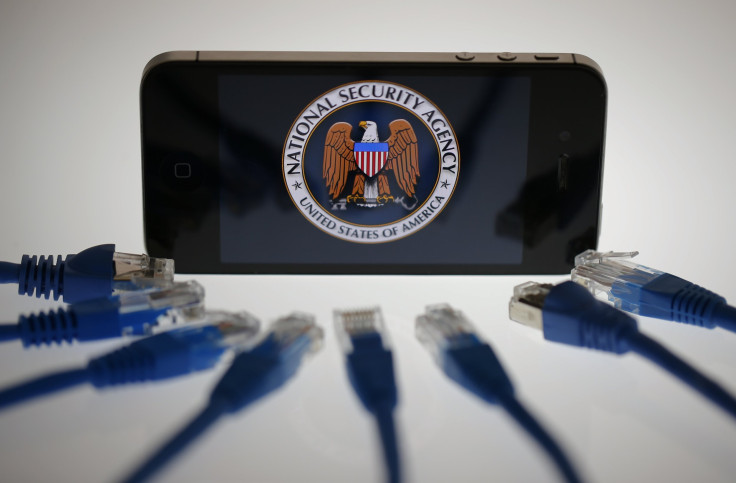Former FISA Court Judge: Secret Court Needs Reform

A judge who served for three years on the secret Foreign Intelligence Surveillance Court (FISC) said Tuesday that the court is in need of reform.
Retired Judge James Robertson said the structure of the FISC as a court that hears only from one side -- the government -- is no longer suitable to the kinds of programs the court is charged with approving. “The process needs an adversary,” Robertson said, speaking at a workshop hosted by the Privacy and Civil Liberties Oversight Board in Washington, D.C.
Robertson, who was appointed to the District Court for the District of Columbia by President Clinton, offered insight into why he served on the secret court and why he abruptly left three years later in 2005. “I asked to be appointed to the FISA court, frankly, to see what it was up to,” Robertson said during his opening remarks to the board.
“I resigned because the Bush administration was bypassing the FISA court,” he said to reporters after the panel. “It’s as simple as that.” He learned about the warrantless taps, he said, the way everyone else did: in the New York Times.
During his tenure on the court, Robertson said he was “deeply impressed” by the court’s scrupulous work evaluating surveillance orders from the government. “The FISA court was not a rubber stamp,” he said. “The point about how many warrants get approved did not take into account how many were sent back for more work before they were approved.”
However, Robertson said that this careful work is no longer sufficient because the scope of what FISC judges do has changed since his tenure. “Under the FISA Amendments Act [of 2008], the court now approves programmatic surveillance,” Robertson said, arguing that this development necessitates a system where a judge can decide between two sides. “Judges don’t make policy,” he said, but the 2008 act turned the FISA court into something like an administrative agency “which makes and approves rules for others to follow.”
The retired judge also said he was “stunned” by a New York Times report last week that the FISC was issuing lengthy opinions expanding the NSA's authorities in secret. During his time on the court, he said, “you approved a warrant application or you didn’t.” The idea of a growing body of law at the FISC, if the report is correct, is “not within my experience,” he said.
Robertson was not sure how exactly the FISC might hear from an adversary, but some members of the board appeared to take the suggestion seriously in follow-up questions during the rest of the panel. Two civil rights advocates on the panel, Jameel Jaffer of the American Civil Liberties Union and Kate Martin of the Center for National Security Studies, stressed that adding an adversary to argue cases at the FISC would not solve what they saw as problematic surveillance practices. Ultimately, the board will deliver reports to Congress on the dangers to civil liberties posed by the National Security Agency’s surveillance programs, the collection of both domestic telephony metadata and foreign electronic communications.
Robertson suggested as one possibility that the board itself could serve as an institution to defend the opposite side in any case (excluding the tasks of approving warrants and orders that are the traditional jurisdiction of a judge to do without hearing from an opposing side). Another possibility mentioned was something like a group of defenders within the Department of Justice along the lines of the DOJ lawyers whose job it is to defend detainees at the Guantanamo Bay prison.
Even those panel members who were generally defending the NSA’s surveillance programs as legal and necessary said the idea of introducing an opposing counsel to the court was worthy of the board’s consideration, even if they felt it was not a necessity. “The idea of some sort of counterparty is an intriguing one,” said Kenneth Wainstein, who served as assistant attorney general for national security under the administration of President George W. Bush. To the extent that it would add to public confidence in the process, the board should look into Robertson’s idea, he said.
© Copyright IBTimes 2024. All rights reserved.






















